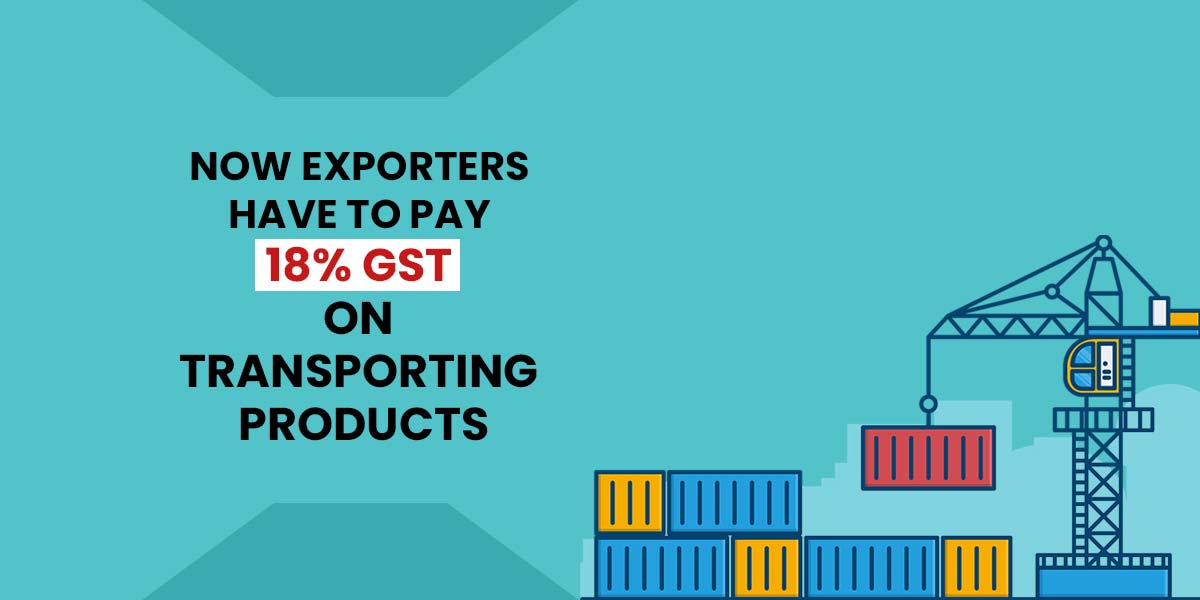
The business warns that the requirement to pay GST, or the goods and services tax, of 18%, on the services of transporting products, might cause cash flow problems at a time when exports are falling.
This is in response to a GST Council that suggests that the location of the service recipient should be used to establish the place of supply of transportation of goods rather than the final destination of the products.
In terms of integrating GST on the transportation of commodities by vessels from India to outside India and vice versa, government officials stated the measure intends to create tax equity between international and Indian shipping lines.
The export freight rate charged by Indian shipping lines to Indian exporters is now taxable, however, the freight charged by foreign shipping lines to Indian exporters for delivery of products to a location outside India is not taxable since it is neither an intra-state supply nor an inter-state supply.
According to experts, even though most exporters would be able to obtain a refund for the GST they paid, this might have an impact on their cash flow.
India’s exports decreased in January as a result of a decline in the advanced economy’s demands.
Tax experts mentioned that “The recent change in the place of supply of transportation of goods will remove last mile connectivity costs of overseas exporters and importers for whom this GST was in any case not creditable.” The industry will gain from this adjustment if it is specifically stated that the default rule is the operational norm for POS (place of supply) in cases involving not only the transportation of products but also courier and postal services.
According to some analysts, it would raise the tax burden for some exporters.
Tax experts mentioned that “While the desired principle will provide consistency between services of transportation of goods and courier services, the proposal will lead to applicability of tax for export of goods,”









